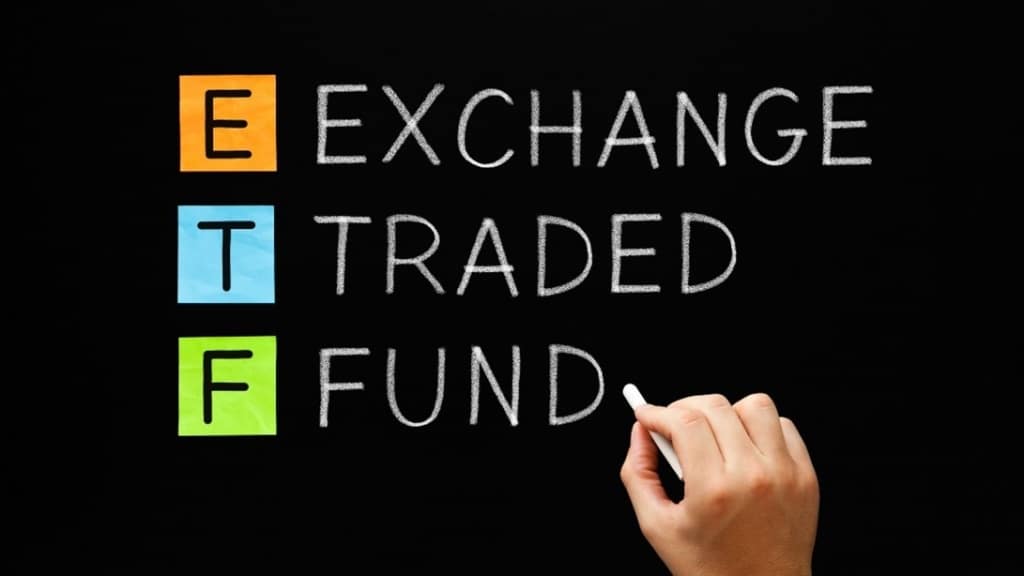- Trading
- Trading
- Markets
- Markets
- Products overview
- Forex
- Commodities
- Metals
- Indices
- Shares
- Cryptocurrencies
- Treasuries
- Platforms
- Platforms
- Platforms
- Platforms
- Platforms overview
- MetaTrader 4
- MetaTrader 5
- Education
- Education
- Education
- Education
- News & analysis
- Education Hub
- Economic calendar
- Help & support
- Help & support
- About
- Trading
- Trading
- Markets
- Markets
- Products overview
- Forex
- Commodities
- Metals
- Indices
- Shares
- Cryptocurrencies
- Treasuries
- Platforms
- Platforms
- Platforms
- Platforms
- Platforms overview
- MetaTrader 4
- MetaTrader 5
- Education
- Education
- Education
- Education
- News & analysis
- Education Hub
- Economic calendar
- Help & support
- Help & support
- About
- Home
- News & Analysis
- Economic Updates
- What are ETFs and why trade them as CFDs?
- Trade long or short
- Trade on leverage
- Cost effective with low commission
- Automated trading strategies
- Leveraged product which can amplify wins and losses
- No ownership of underlying asset
- Spread can widen during market volatility
- Overnight holding costs
News & Analysis
An exchange-traded fund, or ETF, is a basket of securities (forming a fund) that trade like shares on major stock exchanges. The securities that make up an ETF can be varied. These may include stocks, bonds, commodities, or currencies.
An ETF may track the performance of a broad index, like the S&P 500, or it may track a specific country’s index or sector. They comprise some of the most liquid asset classes traded on the NYSE and are popular with institutional and retail traders.
Here are some of the most common types of ETFs available:
Equity ETFs
Bond/Fixed Income ETFs
Commodity ETFs
Currency ETFs
Speciality ETFs
Factor ETFs
Sustainable ETFs
Which ETF to invest in all depends on you; the level of risk you are prepared to take and the returns you want. As with any investment, you need to understand the risk-return ratio of every ETF, which is available in the fund offering documents which might help you decide which ETF can cater to your investment needs.
It’s important to know whether an ETF is actively or passively managed. Most are passively managed which means the fund manager is simply to ensure that the ETF tracks the specified index or asset. With an actively managed fund, they will aim to outperform a specified benchmark. ETFs generally have lower management fees that actively managed funds.
Dependant on your trading approach, they can be traded long term or short term and as CFDs as a way of accessing the opportunities as leverage.
Why trade ETF CFDS:
ETF CFDs enable you to trade with leverage, which means you only need a percentage of the notional value to open a position, reducing capital requirements. As such, you can increase the potential profit or loss from a trade. You can trade ETFs long or short, which means you can potentially profit from any price direction. It can also be very cost effective for active traders with low commission per trade.
Benefits:
Other things to consider:
There are advantages and other things to consider when trading ETF CFDs and it’s important for traders to take these into consideration before making an investment decision.
If you are interested there are 25 ETF CFDs available to trade on a GO Markets MT5 CFD account.
The information provided is of general nature only and does not take into account your personal objectives, financial situations or needs. Before acting on any information provided, you should consider whether the information is suitable for you and your personal circumstances and if necessary, seek appropriate professional advice. All opinions, conclusions, forecasts or recommendations are reasonably held at the time of compilation but are subject to change without notice. Past performance is not an indication of future performance. Go Markets Pty Ltd, ABN 85 081 864 039, AFSL 254963 is a CFD issuer, and trading carries significant risks and is not suitable for everyone. You do not own or have any interest in the rights to the underlying assets. You should consider the appropriateness by reviewing our TMD, FSG, PDS and other CFD legal documents to ensure you understand the risks before you invest in CFDs. These documents are available here.
#Economy #Economics #Finance #MarketsNext Article
Seek’s latest dividend reaches three year high
Seek is a technology company that matches employers with potential candidates, via their online career opportunities advertising service and other related services. Seek’s latest declared dividend is the highest payment in the past three years. This announcement came after a significant increase in sales and profits achieved in the first half ...
February 18, 2022Read More >Previous Article
Tesla’s share price and Elon donates $5.74 BN
Tesla Inc, formerly known as Tesla Motors (2003–17), is an American manufacturer of electric automobiles, solar panels, and batteries for cars a...
February 17, 2022Read More >Please share your location to continue.
Check our help guide for more info.

- Trading

